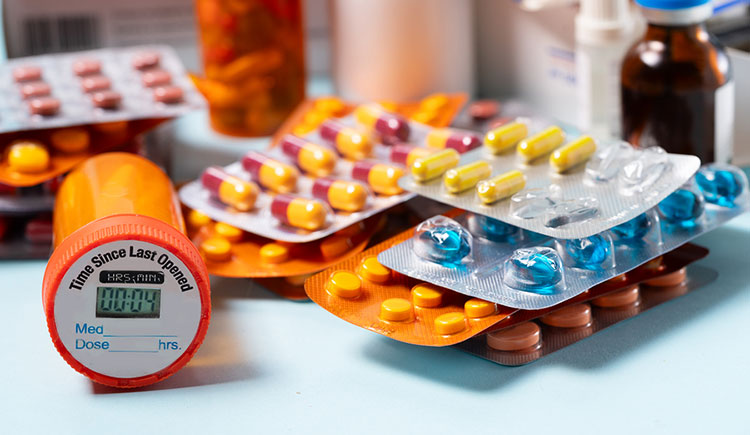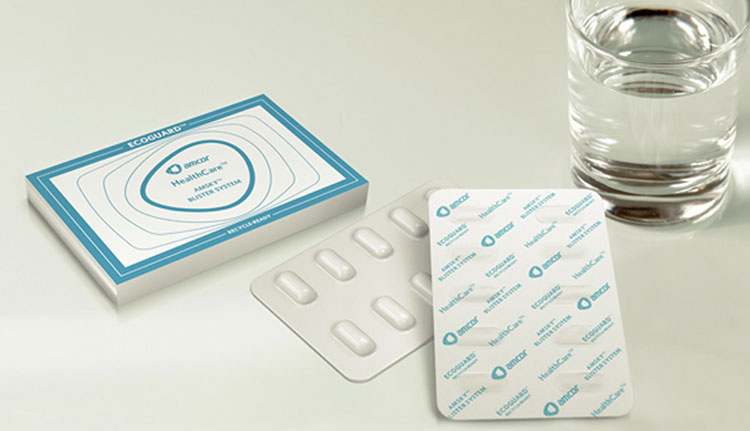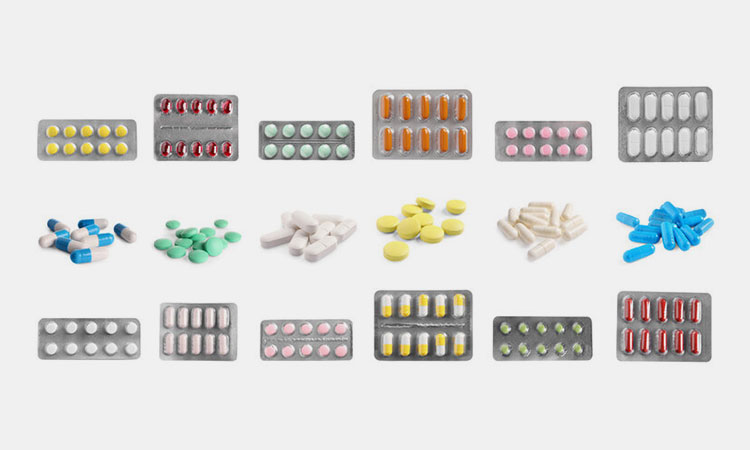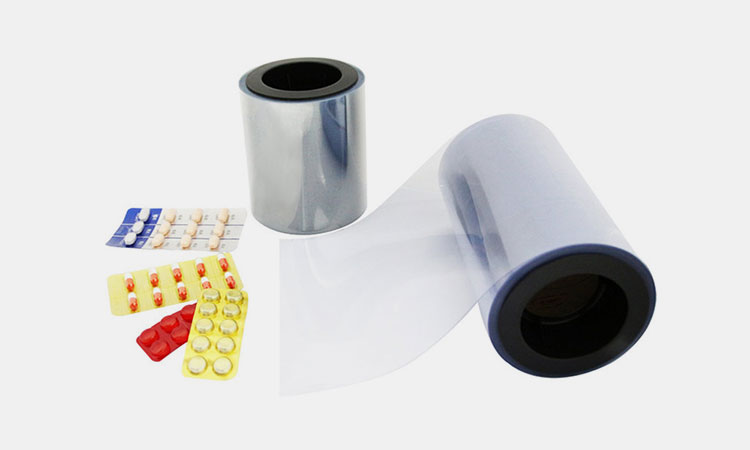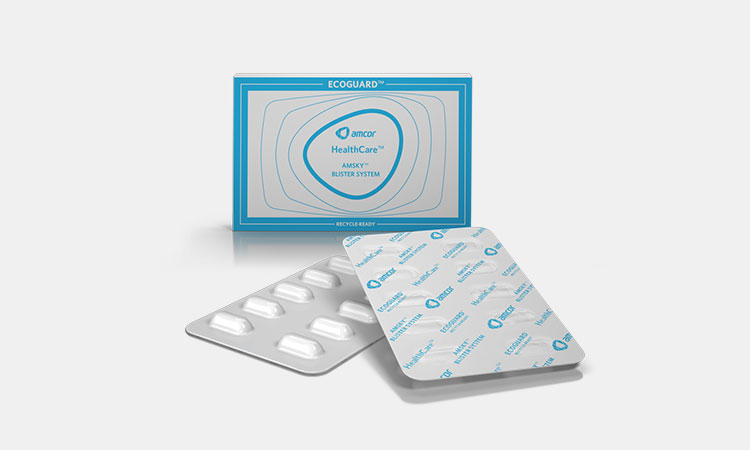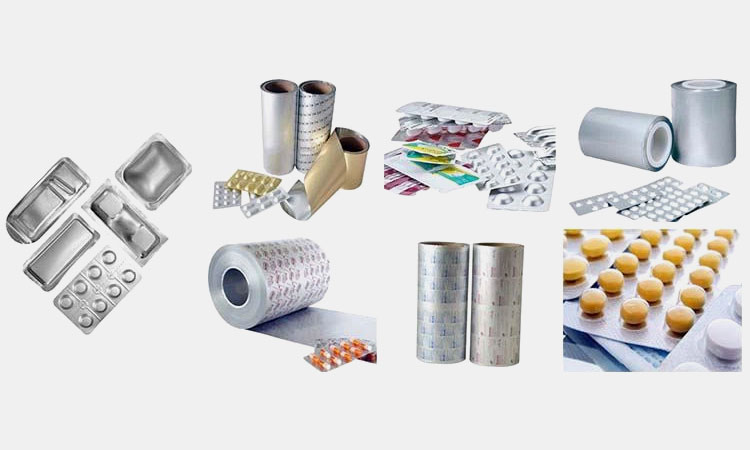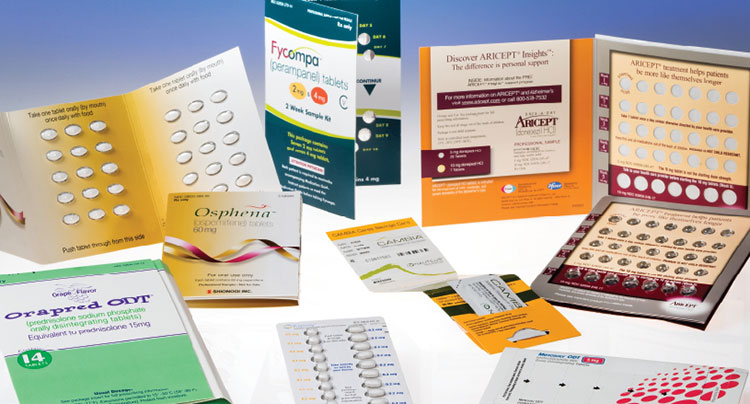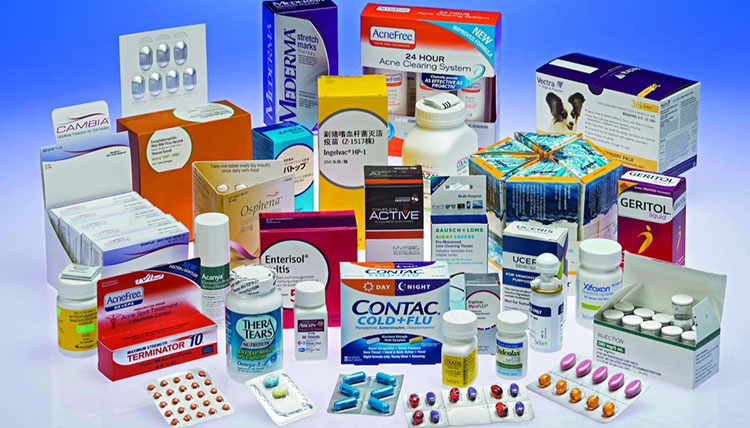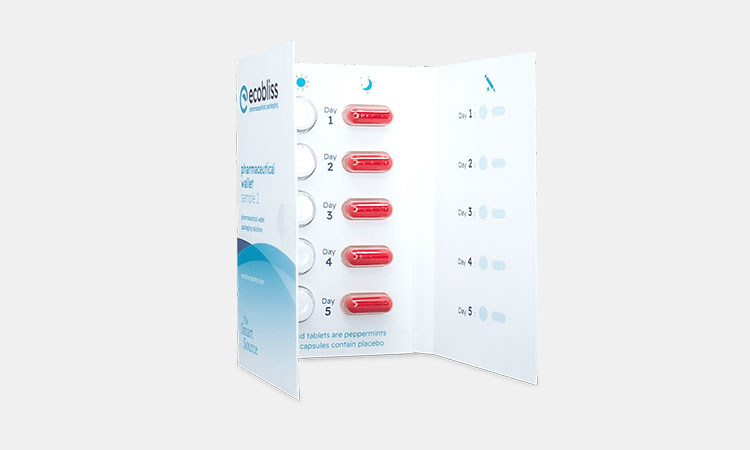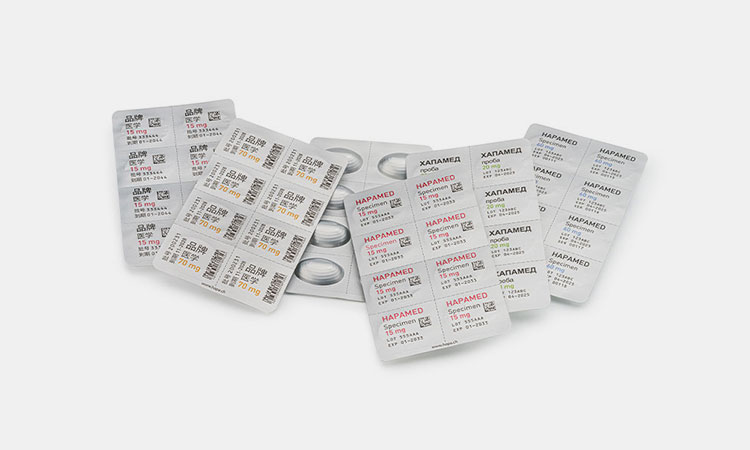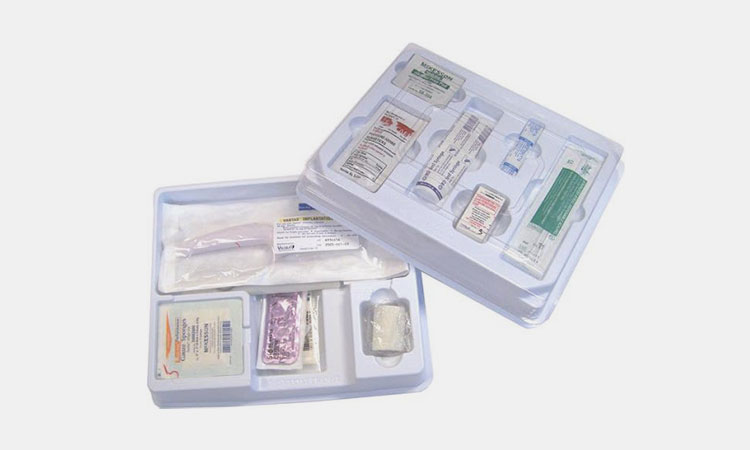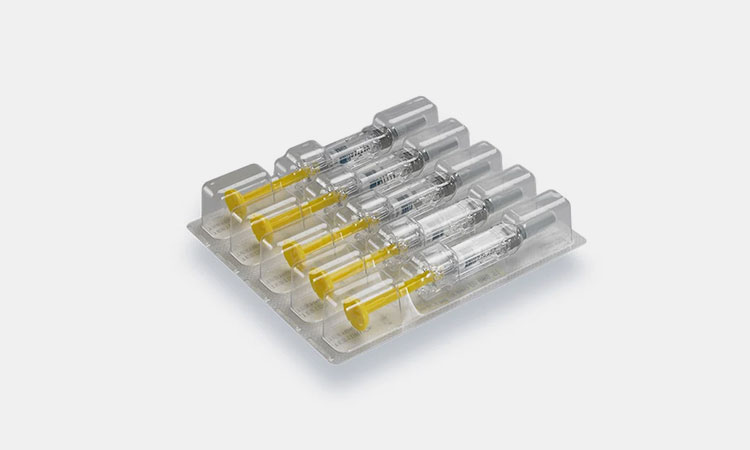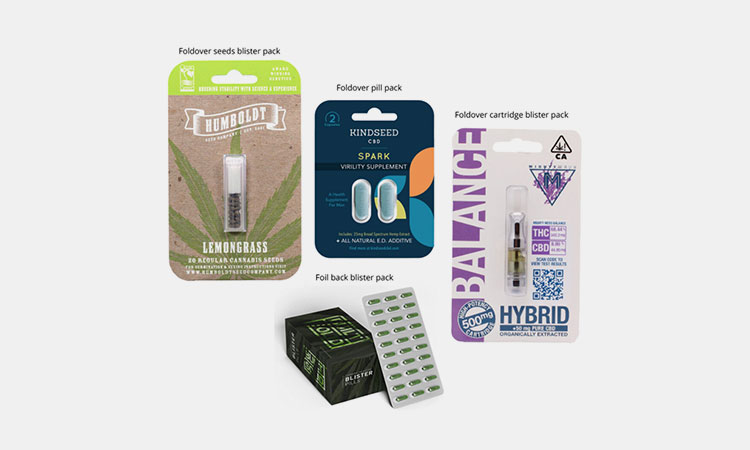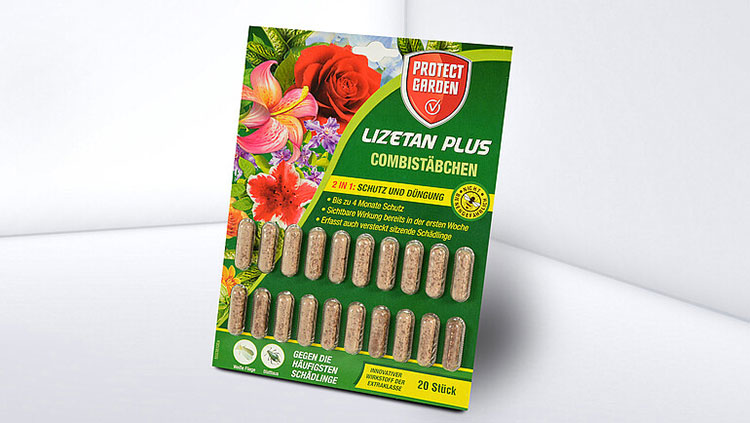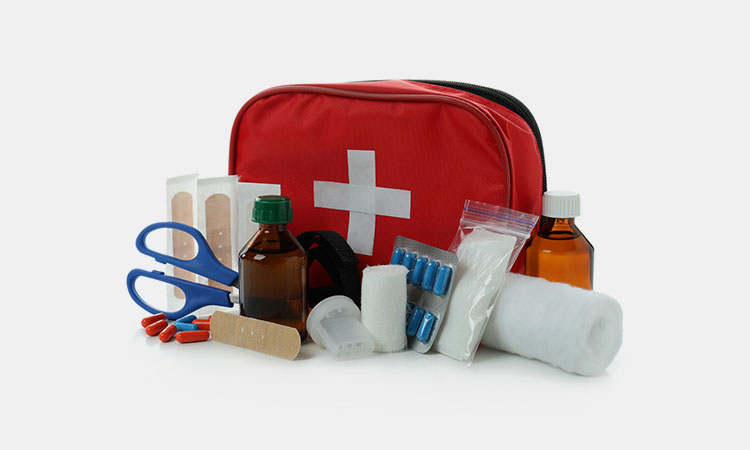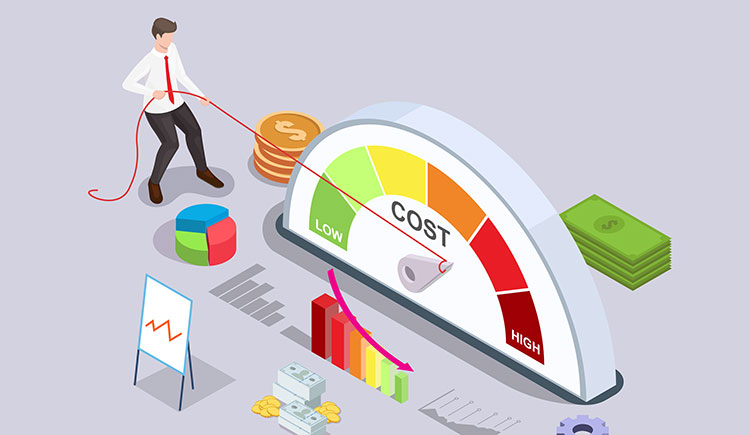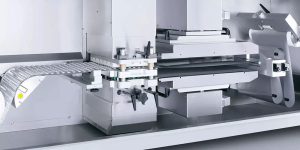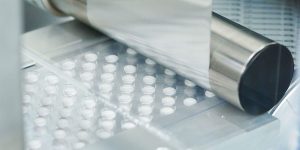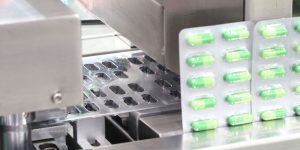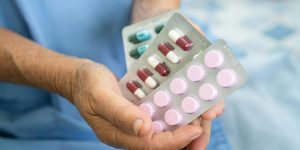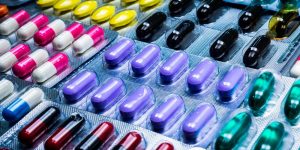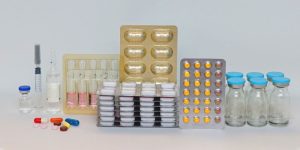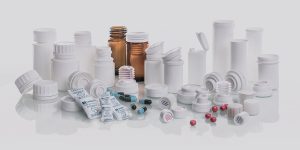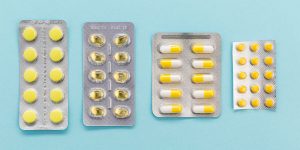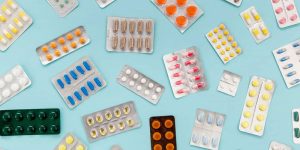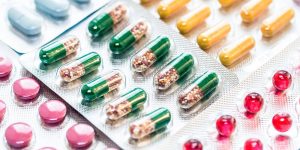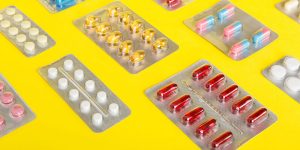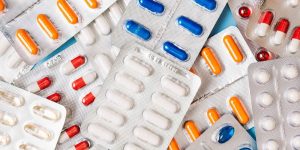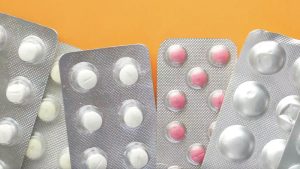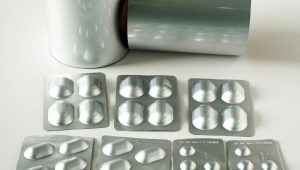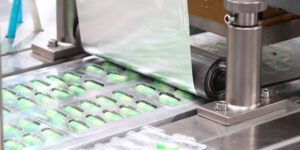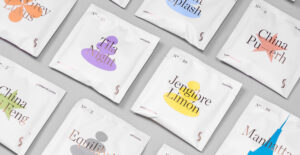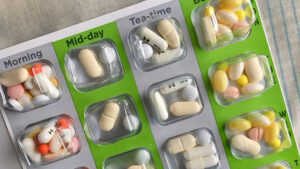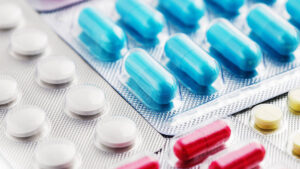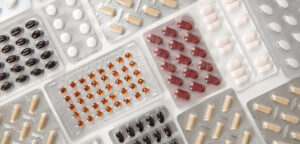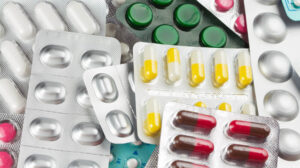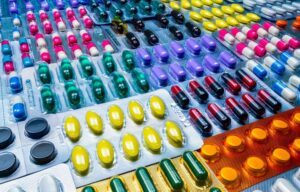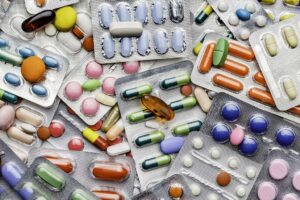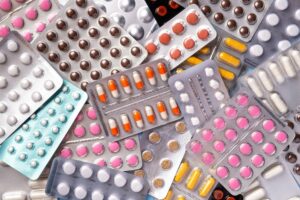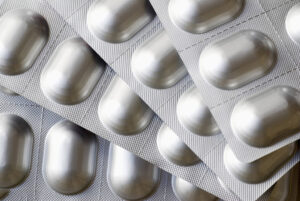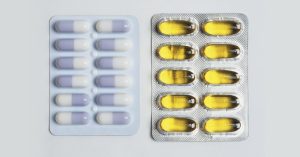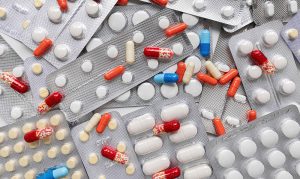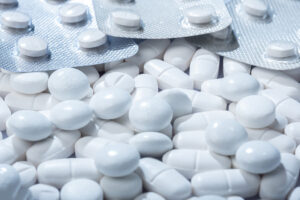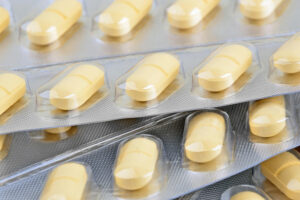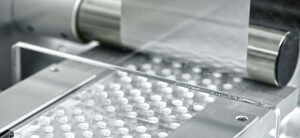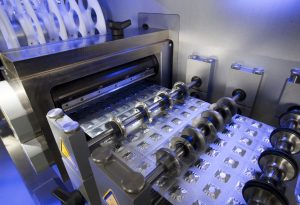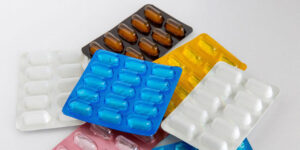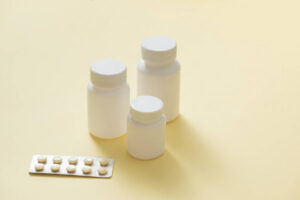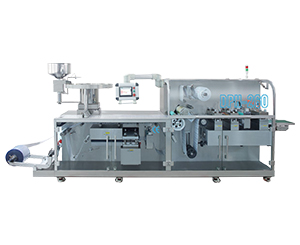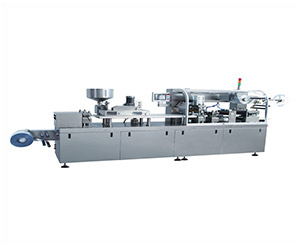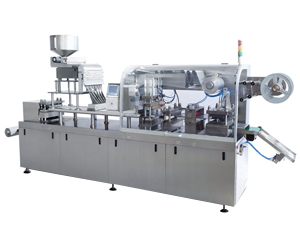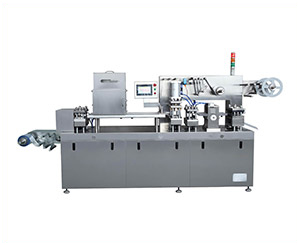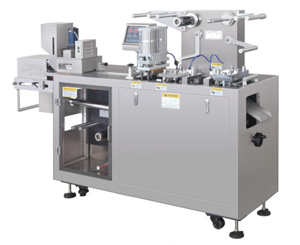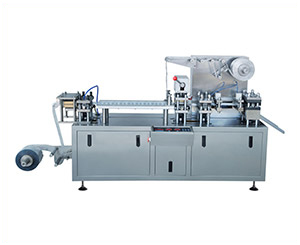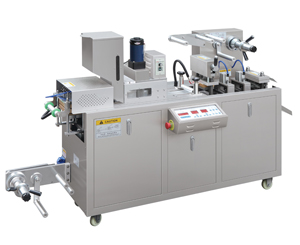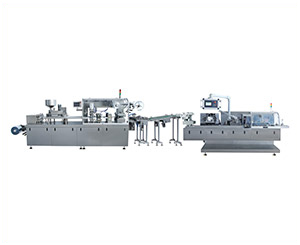What Are Pharmaceutical Blister Packaging Materials
The pharmaceutical blister packaging is a multi-dose or single-dose packaging specifically designed to provide extra protection and convenience for tablets and capsules. It maximizes the physical and chemical stability of the drug and protects it from environmental factors such as light, temperature and humidity.
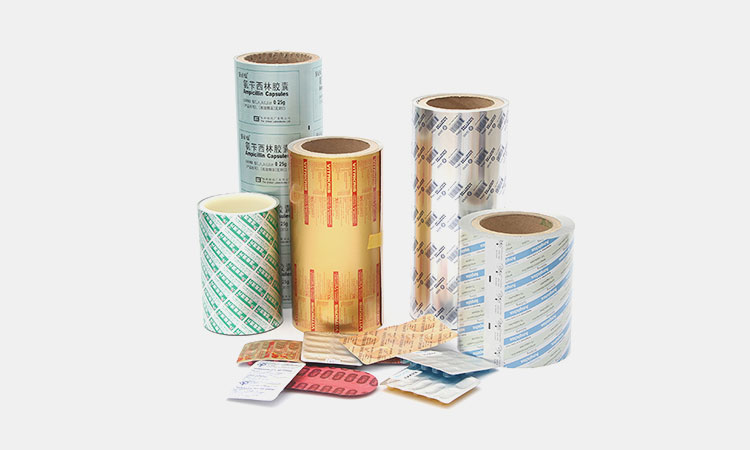
Pharmaceutical Blister Packaging Materials-sourced: pharmapackagingcn
However, this post will discuss about the pharmaceutical blister packaging materials and their differences. How the pharmaceutical blister packaging materials working for the tablets and capsules with their properties? Let's dig out now!
1.What Is Pharmaceutical Blister Packaging?
What Is Pharmaceutical Blister Packaging-sourced: amcor
The pharmaceutical blister packaging is widely used in the packaging of various medications and health products, such as tablets and capsules. It protects the capsules and tablets from moisture and contamination, and a single blister can provide you with a single dose of tablets and capsules.
Use of Pharmaceutical Blister Packaging
Use of Pharmaceutical Blister Packaging-sourced: ecobliss
The pharmaceutical blister packaging, also known as unit dose packaging. Plastic sheets are thermoformed into multiple blisters to hold products. In addition to the medical field, it is also widely used in various industries, from electronics, sporting goods to cosmetics, and etc.
2.What Are Pharmaceutical Blister Packaging Materials?
The pharmaceutical blister packaging is mainly composed of different polymers, such as PVC, PVDC, PET, Alu-Alu, CFF, COP, PCTFE, etc. Among them, PVC is the most common blister packaging material.
PVC
PVC-sourced: cecle
PVC is a commonly used pharmaceutical blister packaging material. It is often used for blister packaging of single-dose medications. In addition to medications, it can also be used for food packaging, etc. As a kind of pharmaceutical blister packaging material, PVC is economical and efficient, and has good moisture and gas resistance.
PVDC
PVDC-sourced: formosapackaging
PVDC is a coated blister packaging. Compared with PVC, it has enhanced moisture and gas resistance, which is suitable for packaging medications that are sensitive to moisture. PVDC is often combined with PVC sheets to form additional protection to prevent oxidation or excessive moisture accumulation of medication in the blister packaging.
PET
PET-sourced: packagingguruji
PET is a commonly used blister plastic, which can also be used as a material for water bottles, clamshell packaging, etc. In addition to being used as a packaging material for medical or pharmaceutical products, it can also be used for food and beverage contact materials, etc. Lightweight and transparent, it is suitable for drug packaging that is not affected by light.
Alu-Alu
The alu-alu blister packaging is made of multi-layer structure made entirely of aluminum. It provides you with excellent protection against light, moisture and gas. This blister packaging is suitable for highly sensitive and light-sensitive drugs.
CFF
CFF-sourced: justdial
The CFF (cold form foil) is a flexible packaging solution using aluminum-based laminate. It has high moisture, light and gas barrier properties. And the CFF blister packaging material is suitable for temperature-sensitive or fragile drugs.
COP
COP-sourced: realoextendedcare
COP, also called as cyclic olefin polymer. It is a thermoplastic material. It is a premium pharmaceutical blister packaging material due to its high transparency, strong chemical resistance, low water vapor permeability and good barrier properties.
PCTFE
PCTFE-sourced: amcor
PCTFE is a laminated blister packaging. It is often used to form a barrier around the product to keep it dry and moisture-free. This packaging method has low water vapor permeability.
3.What Are The Advantages Of Different Pharmaceutical Blister Packaging Materials?
Advantages Of Different Pharmaceutical Blister Packaging Materials-sourced: htmmgroup
During the storage process, medications may be affected by environmental factors such as light, temperature and humidity. Blister packaging materials can provide protection for your different pharmaceutical products based on their barrier properties. Let's figure their advantages together!
| No. | Material Type | Description | Advantages |
| 1 | PVC | l Manufacturers generally use 0.25 to 0.3 mm PVC sheets for blister packaging; | l Low cost;
l The barrier property of blister packaging is strong; l Excellent oxygen and moisture protection; |
| 2 | PVDC | l A packaging film commonly used in the pharmaceutical industry;
l Made of it can effectively block moisture, oxygen and other gases; |
l Excellent barrier properties;
l It can effectively protect medicines from external factors such as moisture, oxygen, light and pollutants; l It has excellent transparency and can clearly see the medicines in the package; |
| 3 | PET | l Lightweight, low-cost, impact-resistant and transparent;
l BPA-free, highly recyclable; l Durable and supportive, it can provide strong protection and support for your products; |
l Suitable for medicines that require large cavities, such as capsules and tablets;
l Suitable for medicines in tropical and humid areas; l Improve the safety shelf life (stability) of medicines and avoid direct sunlight, high temperature and humidity; |
| 4 | Alu-Alu | l Refers to the Aluminum blister packaging for tablets and capsules;
l No need for blister packaging machine for heat sealing; l Only pressure is applied at room temperature to seal two aluminum foils; |
l Effectively protect products from moisture, oxygen and light;
l Through its anti Tamper-proof seal mechanism ensures product safety and integrity; l Can be easily molded into a variety of shapes and sizes; |
| 5 | CFF | l CFF blister packaging is widely used for medicines and other products that require high barrier protection;
l Widely used in pharmaceutical and healthcare fields; |
l Can secure products in place and prevent them from being dropped or accidentally bumped;
l Provides excellent oxygen and moisture barrier properties; l Can control the amount of UV radiation entering the package; |
| 6 | COP | l COP and other polymers can improve thermoforming in blister packaging;
l When it is used with other polymers, it provides you with blister packaging with deep pockets; |
l Used to package oral solid dosage forms, including tablets, capsules, and tablets;
l Ensures product safety, extends shelf life, and improves patient compliance; l Ensures top quality, crack-free cavities, and resistance to delamination over time; |
| 7 | PCTFE | l PCTFE is another laminate material for blister packaging;
l It is mainly used as a moisture barrier; |
l Mainly used as a moisture barrier;
l It has the lowest water vapor permeation value compared to all materials; |
4.Are Pharmaceutical Blister Packaging Materials Eco-Friendly Or Sustainable?
Some of the pharmaceutical blister packaging materials are eco-friendly and sustainable. There are some points that you can make your pharmaceutical blister packaging materials more eco-friendly and sustainable.
Use Biodegradable Materials
Use Biodegradable Materials-sourced: capfisolutions
Traditional pharmaceutical blister packaging materials are plastics and aluminum foil. However, plastic is a non-biodegradable material. And it causes environmental pollution. If blister materials made of plant-based plastics or compostable materials are used, the impact on the environment can be greatly reduced.
Use Recyclable Materials
Use Recyclable Materials-sourced: capfisolutions
Now many blister packaging design solutions use blister packaging made of recycled materials to reduce the consumption and waste of recycled plastics. This approach also reduces your demand for virgin plastics, which leads to landfills, etc.
Innovative Packaging Design
Innovative Packaging Design-sourced: micoope
Sustainable blister packaging is not limited to environmentally friendly materials, but also depends on the design of your innovative elements. By using blister packaging designs that can be easily opened, you can improve functionality and minimize waste, reducing the impact on the environment.
5.What Are The Common Types Of Blister Packaging?
There are multiple types of blister packaging for your option, including:
Cold-form Blister Packaging
Cold-form Blister Packaging-sourced: erdemdemirkan
The cold form blister packaging is formed by placing a thermoformed plastic film over an aluminum foil and applying pressure to form the blister cavity. It is a pharmaceutical packaging with excellent barrier properties that protects your medications from moisture, oxygen, and other environmental factors.
Thermoforming Blister Packaging
Thermoforming Blister Packaging-sourced: accutechpkg
The thermoforming blister packaging is a method of making blister packaging using heat. The PVC material is placed in a thermoforming machine and then thermoformed into the blister shape you need.
Clamshell Blister Packaging
Clamshell Blister Packaging-sourced: parenteral-packaging
The clamshell blister packaging is a packaging method made of thermoformed plastic. It has a cardboard packaging on one side and a clear plastic blister packaging on the other side. This packaging can be designed to stand upright on the shelf or hang from a rack to facilitate your product display.
Face Seal Blister Packaging
Face Seal Blister Packaging-sourced: green420pack
The face seal blister packaging is a transparent, cost-effective blister packaging for small, lightweight products. It can seal your product in a fully sealed blister by heating and laminating the plastic blister to a cardboard backing.
Blister Cards Packaging
Blister Cards Packaging-sourced: biorxlabs
The blister cards packaging is a peel-off blister card. Its blister cover and blister card can be separated from each other without leaving any residue. This packaging method is convenient for you and environmental protection. Both the blister card and blister cover are made of cardboard and no plastic is required.
6.How To Choose The Right Pharmaceutical Blister Packaging Materials For Your Business?
Here are a few key factors to consider when choosing the right pharmaceutical blister packaging materials for your business:
Product Type
Product Type-sourced: montana
Most capsules and tablets can be packaged in the blister packaging. Other types of pharmaceutical products, such as liquids or pastes, can be packaged in bottles or jars. Non-medical products can also be packaged in a blister, such as ampoule, injections, etc.
Product Size and Shape
Product Size and Shape-sourced: ezrxdrugcard
Your product size and shape is one of the most important factors to consider when choosing pharmaceutical blister packaging materials. Products of different sizes and shapes may require different blister packaging materials which requires careful consideration.
Your Cost
Your Cost-sourced: lavilo-webdesign
Among all pharmaceutical blister packaging materials, PVC is the cheapest. CFF and COP are relatively expensive. Considering different packaging materials based on your own production costs and product types is the right choice.
Sustainability
Sustainability-sourced: pulpac
As the packaging industry moves towards a more sustainable direction, the use of more environmentally friendly materials has become a trend. You can try to choose environmentally friendly and recyclable or biodegradable blister packaging.
Conclusion:
You can choose the right pharmaceutical blister packaging materials according to your own needs. Choosing environmentally friendly and efficient pharmaceutical packaging can put you at the forefront of the world's competition. If you have more questions, welcome to consult!
Don't forget to share this post!
Blister Packaging Machine Related Posts
Blister Packaging Machine Related Products
Blister Packaging Machine Related Videos
CONTACT US
Tell us your raw material and project budget to get quotations within 24 hours.
WhatsApp Us: +86 181 6426 8586

Want the best price & newest pharmaceutical machinery buying guide,tips and trends sent straightly to your box?Sign up for AIPAK’s monthly newsletter,we’re free for your consultation and Offer you the most suitable solutions!
The Buyer's Guide
- Capsule Filling Buyer's Guide
- Blister Packaging Buyer's Guide
- Tablet Counting Buyer's Guide
- Tube Filling Buyer's Guide
- Cartoning Buyer's Guide
- Gummy Making Buyer's Guide
- CO2 Extraction Buyer's Guide
- Empty Capsules Buyer's Guide
- Suppository Filling Buyer's Guide
- Tablet Coating Buyer's Guide
- Tablet Press Buyer's Guide
- Softgel Encapsulation Buyer's Guide
Most Popular
- 7 Importance Of Pharmaceutical Packaging In Different Applications You Must Know
- 6 Advantages You Must Know About Tablet Counting Machine
- 8 Advantages of Blister Packaging You Must Know
- 6 Critical Applications of Automatic Capsule Filling Machine
- 6 Stations You must Know to Improve the Filling Quality of Automatic Capsule Filling Machine
